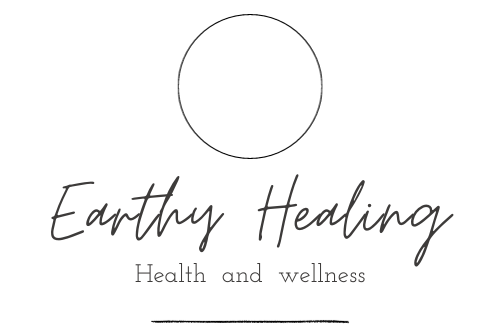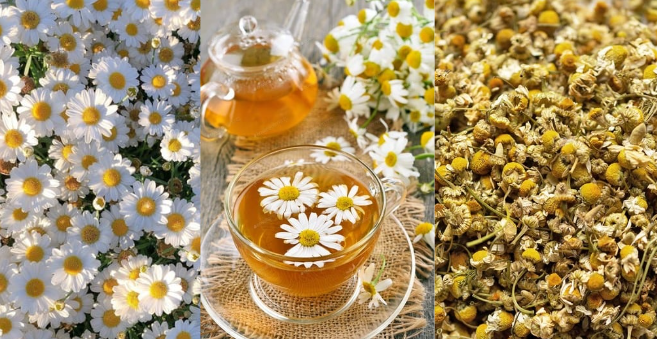Introduction:
Chamomile tea, made from the dried flowers of the Matricaria chamomilla plant, has been a staple in natural medicine for centuries, cherished for its mild flavor and powerful health benefits. This herbal infusion is renowned for its calming effects and its ability to treat a wide array of physical and mental health issues. This article will delve into the benefits of chamomile tea, supported by scientific research, and how it can be incorporated into a holistic health regimen.
What is Chamomile Tea?
Chamomile tea comes from the chamomile plant, which belongs to the Asteraceae family. It has been used traditionally in various cultures for its anti-inflammatory, antispasmodic, and sedative properties. The active compounds in chamomile, such as bisabolol, apigenin, and matricin, contribute to its therapeutic effects.
Health Benefits of Chamomile Tea
- Promotes Sleep and Relaxation: Chamomile tea is best known for its ability to promote a sense of calm and improve sleep quality, making it a popular choice for those experiencing insomnia or stress.
- Digestive Health: It can soothe digestive ailments, including gas, indigestion, and nausea, and is often used to treat stomach ulcers and gastrointestinal inflammation.
- Immune Boosting: With natural antibacterial properties, chamomile tea can enhance the immune system and fend off common colds and infections.
- Skin Care: Applied topically, chamomile tea can alleviate skin irritations, such as eczema, acne, and wounds, due to its anti-inflammatory and antimicrobial qualities.
- Cardiovascular Health: The antioxidants in chamomile tea may contribute to heart health by lowering blood pressure and improving cholesterol levels.
Incorporating Chamomile Tea into Your Routine
- Brewing the Perfect Cup: Steep dried chamomile flowers in hot water for 5-10 minutes to extract their full flavor and benefits.
- Regular Consumption: Drinking 1-2 cups of chamomile tea daily can help maintain its health benefits, especially for stress reduction and sleep improvement.
- Topical Application: For skin treatment, cool chamomile tea can be applied directly to the affected area with a cloth or used as a wash.
Safety and Considerations
Chamomile tea is generally safe for most people, but some may experience allergic reactions, especially those allergic to plants in the Asteraceae family. Pregnant and breastfeeding women should consult a healthcare provider before consuming chamomile tea, as it can influence hormone levels and uterine contractions.
Conclusion:
Chamomile tea is a gentle yet powerful herbal remedy with a plethora of health benefits, from promoting relaxation and sleep to supporting digestive and cardiovascular health. Its ease of use and mild flavor make it an excellent addition to any natural health practice, offering a simple yet effective way to enhance well-being.

